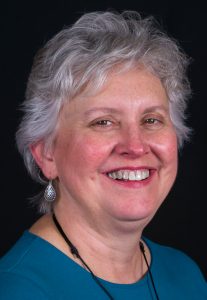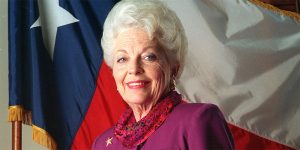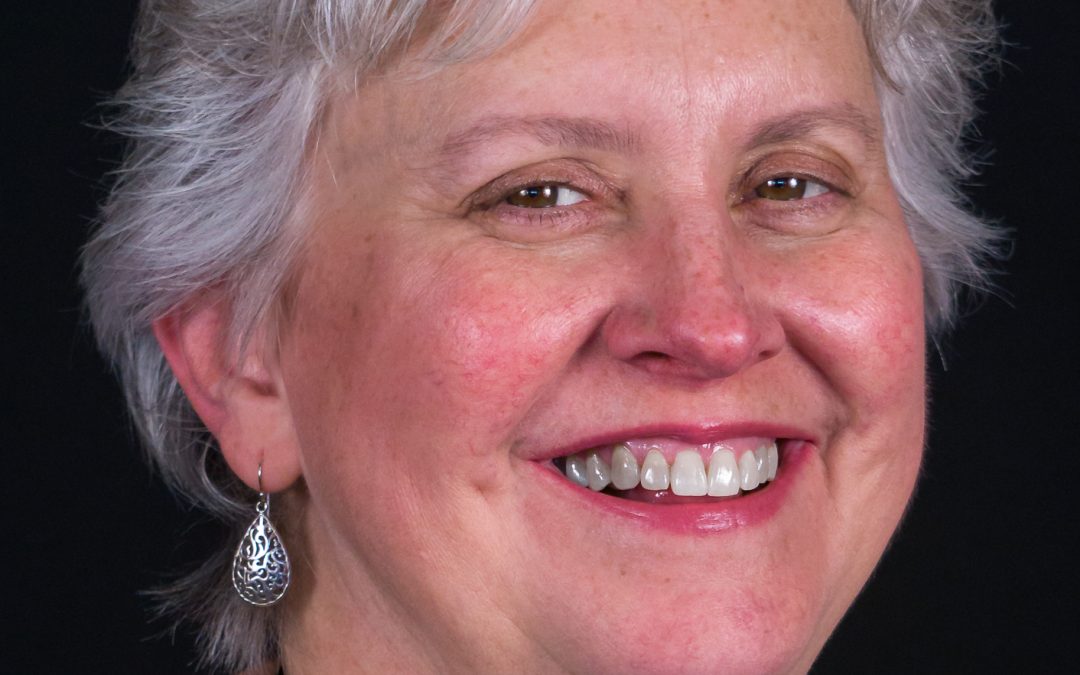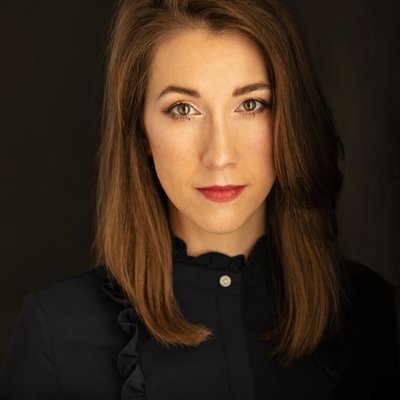 From the high school newspaper to corporate America and beyond, for the better part of four decades Tammy Ditmore has been helping writers get better at their craft. Specializing in nonfiction, she offers a full suite of services to help guide writers at any stage of their career, from first draft to final edits. I spoke with her recently about the publishing industry, the advantages of being an indie author and the impact the coronavirus has had on her business.
From the high school newspaper to corporate America and beyond, for the better part of four decades Tammy Ditmore has been helping writers get better at their craft. Specializing in nonfiction, she offers a full suite of services to help guide writers at any stage of their career, from first draft to final edits. I spoke with her recently about the publishing industry, the advantages of being an indie author and the impact the coronavirus has had on her business.
OM: To start, give me a little background on the service that you provide.
Ditmore: I have a wide range of customers but I work pretty much only with nonfiction and one or two fiction authors, who are good writers and don’t need a lot of editing help. When I started looking at editing fiction I realized, ‘I’ve never taken a fiction class, I’ve never written fiction, I don’t know how to fix this.’ So I stick mostly to nonfiction—and that includes scholarly articles and books, dissertations, memoirs, self-help books, devotional guides, blog posts, websites, marketing material and more.
OM: How has the coronavirus lockdown impacted you and your business?
Ditmore: My business has remained steady, and I have even picked up some new clients in the past few months, so I feel very fortunate. But the pandemic and the recent civil/social unrest have definitely taken a toll on my attention span and my focus. In the first few weeks of the lockdown, I found it almost impossible to work for more than very short periods of time because I felt so anxious and distracted. I dropped the ball on a few things because they just slipped my mind. Now that outside commitments and demands from clients are picking up again, I’m struggling to figure out how to pick up the pace of my work while still holding on to some of the self-care practices that I discovered to help me deal with the anxiety and uncertainty of these past few months. And 2020 just seems to be getting more and more uncertain and anxiety-ridden, so I don’t feel like I’m back to my pre-March productivity levels.
OM: A lot of the books that you’ve worked on are Christian or spiritual topics. All of publishing has been changing dramatically over the last few decades – how has this evolution been affecting you?
Ditmore: In many ways I think it’s been good for me. I work with independent authors for the most part, and a lot of these authors can’t get published traditionally. They are not able to break into any of the bigger presses or they can’t get an agent, and the traditional publishing route is more work for them than it’s worth. Because publishing has changed so much, the traditional publishing route is only good for a certain small handful of writers. I have become pretty good at working with those authors who know they can put $10,000 or so into their book and probably come out better than if they tried go the traditional publishing route. This way they have full control of their book.
I had one author who came to me a few years ago who was writing about her experience on 9/11. Traditional publishers told her no one was interested in 9/11 stories, but she self-published it last year and has done great with it. She has won two prestigious awards from independent publishing groups, been interviewed on radio and TV shows and been invited to speak to numerous clubs and groups in multiple places.
OM: Do you ever work with agents?
Ditmore: I haven’t worked specifically with any, but I will every now and then refer people to agents and agents may refer to me. I do have one author that I have advised to look for an agent because I think she may be able to make the traditional publishing route work for her. I think she has something that is unique, and she also has a significant following from her blog, which she’s been writing for years. But still, if you don’t have 50,000 followers then you really probably are not going to get in with a big traditional publisher. I find that baffling.
OM: Some editors also help their clients build up platforms. Is that something that you’ve ever done?
Ditmore: I haven’t offered that as a package. That kind of marketing not my favorite thing to do. I know what you’re supposed to do because I’ve done it with my own business and had to figure out how to do my own marketing. But I find it hard enough just to keep up with my own website and blog while also trying to do the work I’m being paid to do. Now, if people come to me and ask me to edit their blog posts or marketing materials, I will definitely do that. I have helped numerous clients with that type of material. But I have not said to an author, ‘hey here’s all the things you need to do to get yourself out there and I’ll help you do it.’
OM: Yeah what is one of the more common problems you see when you get a manuscript from writers? Is it generally writing things, or does it tend to be more structural?
Ditmore: One of the main questions I ask writers that come to me is ‘who are you writing this for? Who is your audience?’ I think that is the number one mistake I see with writers: they don’t have an audience in mind. When you don’t know who your audience is, how do you even begin?
OM: It’s often difficult to hear that you don’t have the most perfect, awesome, thrilling, thing that’s ever been created. When you start working with clients, do you lay down ground rules beforehand? How do you address that working relationship so that they can hear what you have to say to them?
Ditmore: Carefully. I feel like I really have to feel out each author to figure out how much criticism can they take and how much they want to hear. How much do I need to temper this with, ‘here’s all the good stuff’ before we get to the problems? As an editor, I can get too caught up in going through a manuscript and pinpointing all the problems but forgetting to praise the good points. I sometimes have to consciously remind myself to go back through and add good comments. Different writers can take different levels of criticism, so you have to figure out what they need to hear.
With new clients, I try to help them be realistic about how much work their project is going to take. I want to be sure that my clients understand early on how much work and how much money can be involved to get to a final product. Some of them back off then and decide they’re not up for that. But most of them really want to keep going.
OM: Do you approach a memoir differently than you would if it were a business book or some other topic that didn’t involve such personal experiences?
Ditmore: I think you definitely have to be kinder to memoir writers because you’re dealing with very personal material. When somebody comes to me with a proposal for a memoir project the main question I ask is ‘who is going to read this? Who are you writing for?’ I have worked with clients who really just want to create a book that their kids and grandkids may want to read at some point. If that’s what you want to do, I can help you create something that will be as good as possible for that goal. But if you want to tell your story for a broader audience, you will have look at it differently. You need to consider a theme and your preferred message and you may have to focus very narrowly and leave out a lot of the most interesting anecdotes or life experiences if they don’t fit into the theme.
OM: Have you ever had to, for lack of a better term, fire an author?
Ditmore: I have actually. Some I have “fired” because they did not get their material to me on time. There has only been one where I took money and started working with a writer but then had to return the money and end the relationship. That author’s ideas were so foreign to mine that I finally came to a point where I said, “I can’t help you with this one. You need to find somebody that’s going to be more in tune with you.” I don’t have to agree with everything that I work with or be politically on board with every bit of everything that I work with, but I do need to feel comfortable that I’m not helping put out material that is offensive or misleading.
OM: Which begs the question: what advice would you give to the writer who is thinking of hiring an independent editor?
Ditmore: The number one thing to know is what training this person has as an editor. And then where have they worked. Because there is no certification program for editors. So you want to know what this person has done, where did they come from, what training have they had, and where have they worked. You don’t want to choose an editor who has only worked on romance fiction to edit your academic history book, and vice versa. You want to be with somebody who has some background in what you’re writing. And at some point, you need to have a conversation with the person you’re thinking of hiring. Whether by email or phone, authors and editors need to have some kind of rapport. If it seems strained and odd and awkward on the phone, then it’s going to be odd and awkward to get through what needs to be a personal relationship.
OM: Do you do any ghostwriting?
Ditmore: I have not – not on a long-form level anyway. It’s one of those things that I think that I might be able to do or probably could do at some point. Sometimes I feel like I almost ghostwrite when I’m editing, but I have never started from scratch as a ghostwriter.
OM: I like to end with what I hope is a fun question. Let’s say I had the power to put you together in a room for dinner or conversation with any one of the following three people. Who would you choose and why? The three options are Johnny Cash, the great editor and writer E.B. Wright, or the late great Ann Richards, former governor of Texas.
 Ditmore: Ann Richards no doubt, because I’m a Texan, and she was still governor when I left Texas and moved to California in 1993. Ann Richards definitely fascinates me. She was able to succeed in a place where women have had a hard time, and I think still have a hard time in many ways. She was able to get things done that I completely admire, so although all three of them would be fun, Ann Richards would be my top choice.
Ditmore: Ann Richards no doubt, because I’m a Texan, and she was still governor when I left Texas and moved to California in 1993. Ann Richards definitely fascinates me. She was able to succeed in a place where women have had a hard time, and I think still have a hard time in many ways. She was able to get things done that I completely admire, so although all three of them would be fun, Ann Richards would be my top choice.




